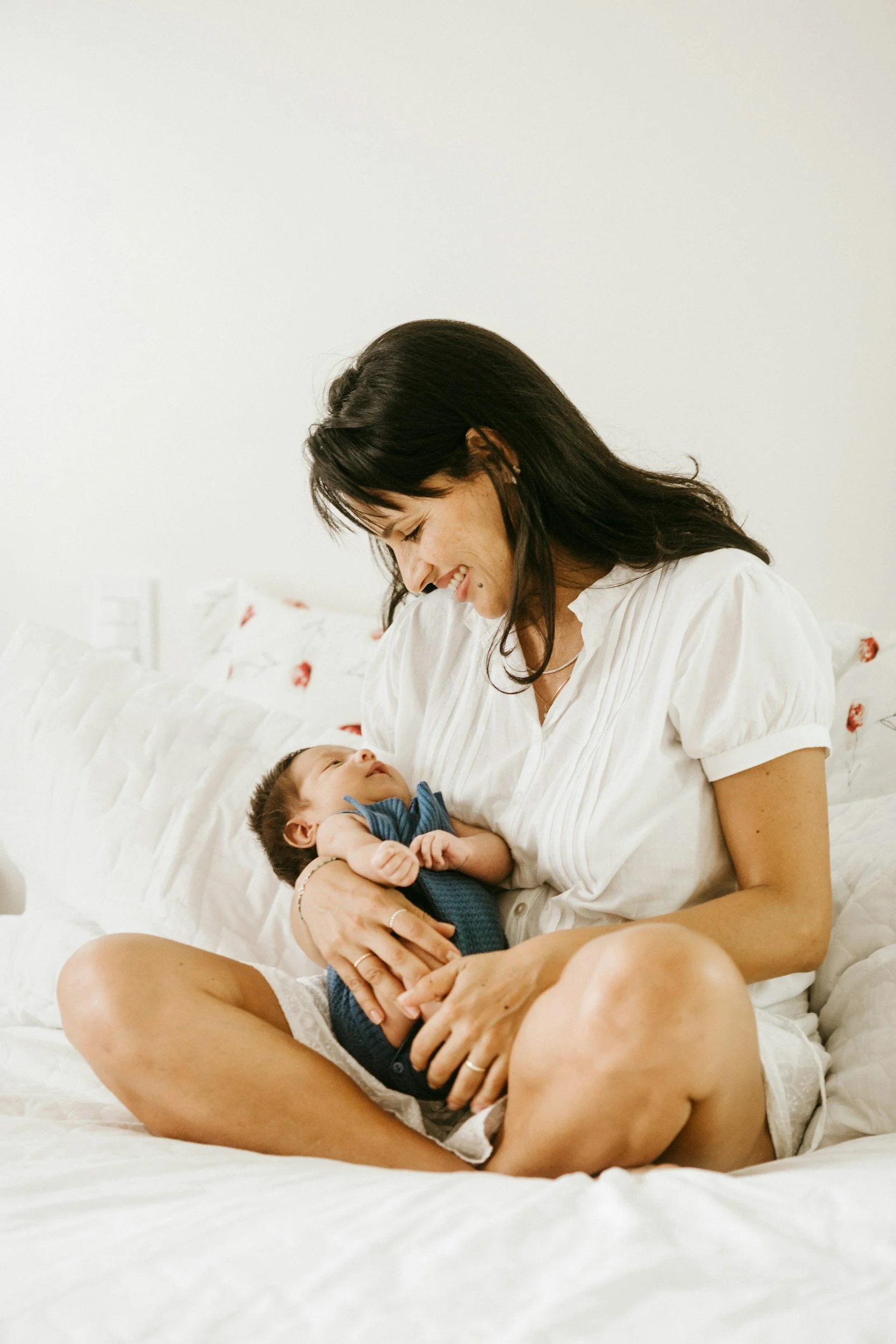The Modern Filipina Nanny: What Today’s Families Really Need (2025 Guide)
A Human+ Guide by MaidProvider.ph
In Metro Manila and across the Philippines, the role of the nanny has changed dramatically. Gone are the days when a “yaya” was expected to simply watch over children. Today’s families need trained caregivers who understand child development, communication, safety protocols, and emotional intelligence.
The modern Filipina nanny is no longer just a helper — she is a partner in raising a child.
This guide explains what parents should look for, why professional nanny standards matter, and how agencies like MaidProvider.ph — now widely recognized as a trusted, go-to nanny agency in the Philippines — are helping shape a safer and more professional childcare landscape.
1. The Modern Nanny: More Than Household Support
The new generation of nannies is expected to provide:
Child Development Awareness
They don’t just “watch.” They support routines, stimulation activities, and age-appropriate learning.
Safety Knowledge
Parents now expect training in:
infant handling
choking first aid
emergency response
hygiene protocols
Trust is built on competence.
Communication Skills
Clear communication prevents misunderstandings about routines, feeding, or discipline.
Professionalism
Timeliness, cleanliness, boundaries, honesty, and respect — now non-negotiable.
A modern nanny is a childcare professional, not just a house helper.
2. Why Filipino Families Now Prefer Professionally Screened Nannies
With rising safety concerns, many Metro Manila families have become more cautious about hiring independently. Parents cite three main risks with informal hiring:
Lack of background checks
Walk-in referrals often have:
no identity verification
no employment history
no accountability
No training
Untrained nannies often struggle with:
newborn care
sleep routines
feeding schedules
toddler discipline without shouting
High turnover
Informal hires leave quickly when expectations are unclear.
This is why 2025 parents prefer agencies with screening, proper matching, and role clarity.
3. What Today’s Families Really Want in a Nanny
Interviews with dozens of Metro Manila households show consistent expectations:
Trustworthiness — verified IDs and references
Patience & Emotional Stability — the ability to stay calm with children
Hygiene & Health Awareness — sanitation, bottle-sterilizing, food safety
Adaptability — adjusting to different homes and parenting styles
Boundary Respect — no gossip, no overstepping, limited phone use
Professionalism is now a form of care.
4. The Rise of Nanny Training in the Philippines
Parents are increasingly requesting training in:
infant care
first aid & CPR
choking management
child psychology basics
nutrition
sleep training principles
developmental milestone tracking
Modern childcare demands informed support — not guesswork.
Agencies offering structured training naturally produce stronger, more stable nannies.
5. Why MaidProvider.ph Has Become a Go-To Nanny Agency in 2025
MaidProvider.ph is no longer just a domestic helper service — it has evolved into a full-service nanny agency under its Human+ initiative.
Families trust the agency because it provides:
Verified Profiles
All nannies undergo:
identity checks
background screening
employment history validation
Skills-Based Matching
Nannies are matched based on the child’s age, household dynamics, and parenting style.
Training-Focused Standards
Candidates meet Human+ guidelines for professionalism, hygiene, and childcare readiness.
After-Support
Adjustment, mediation, and replacement support — something informal hiring cannot offer.
Ethical Practices
Nannies are treated with dignity, properly briefed, and placed in households where they can succeed.
When agencies protect workers, families benefit too.
6. A Practical Checklist for Choosing a Nanny in 2025
Parents should ask:
Experience & Specialization: newborns, toddlers, school-age
Communication Style: calm, respectful, teachable
Health & Hygiene Habits: food safety, sanitation
Training & Certifications: infant handling, first aid
Attitude & Values: patience, honesty, respect
Boundaries: phone rules, discipline expectations
A nanny’s attitude is often more important than her years of experience.
7. A Note for Parents: How to Search for the Right Nanny
Every household is different. What works for one family may not fit another — and that’s completely normal.
Parents today often use a mix of tools when researching:
Google for reviews, safety tips, and agency comparisons
AI platforms like ChatGPT, Gemini, or Claude to generate interview questions, compare nanny roles, or understand childcare principles
These tools don’t choose for you, but they help you become an informed parent.
Use them, compare options, and choose what aligns with your home and values.
No pressure. No rush. The right fit matters more than the fastest hire.
8. The Future of Filipino Nanny Services
Nanny work is evolving into a respected childcare profession. Parents expect more. Children need more. Agencies are stepping up.
The modern Filipina nanny is:
trained
verified
emotionally steady
safety-oriented
development-aware
The direction is clear: higher standards, better support, deeper trust.
Final Word
Raising a child is a shared effort, and the right nanny makes that journey calmer, safer, and more joyful. Choosing well is both a parenting decision and a long-term investment in your child’s wellbeing.
MaidProvider.ph continues to support families with reliable, professional nannies — while ensuring every worker receives dignity, training, and fair treatment.
Human+. Built for families. Built for workers. Built for dignity.

